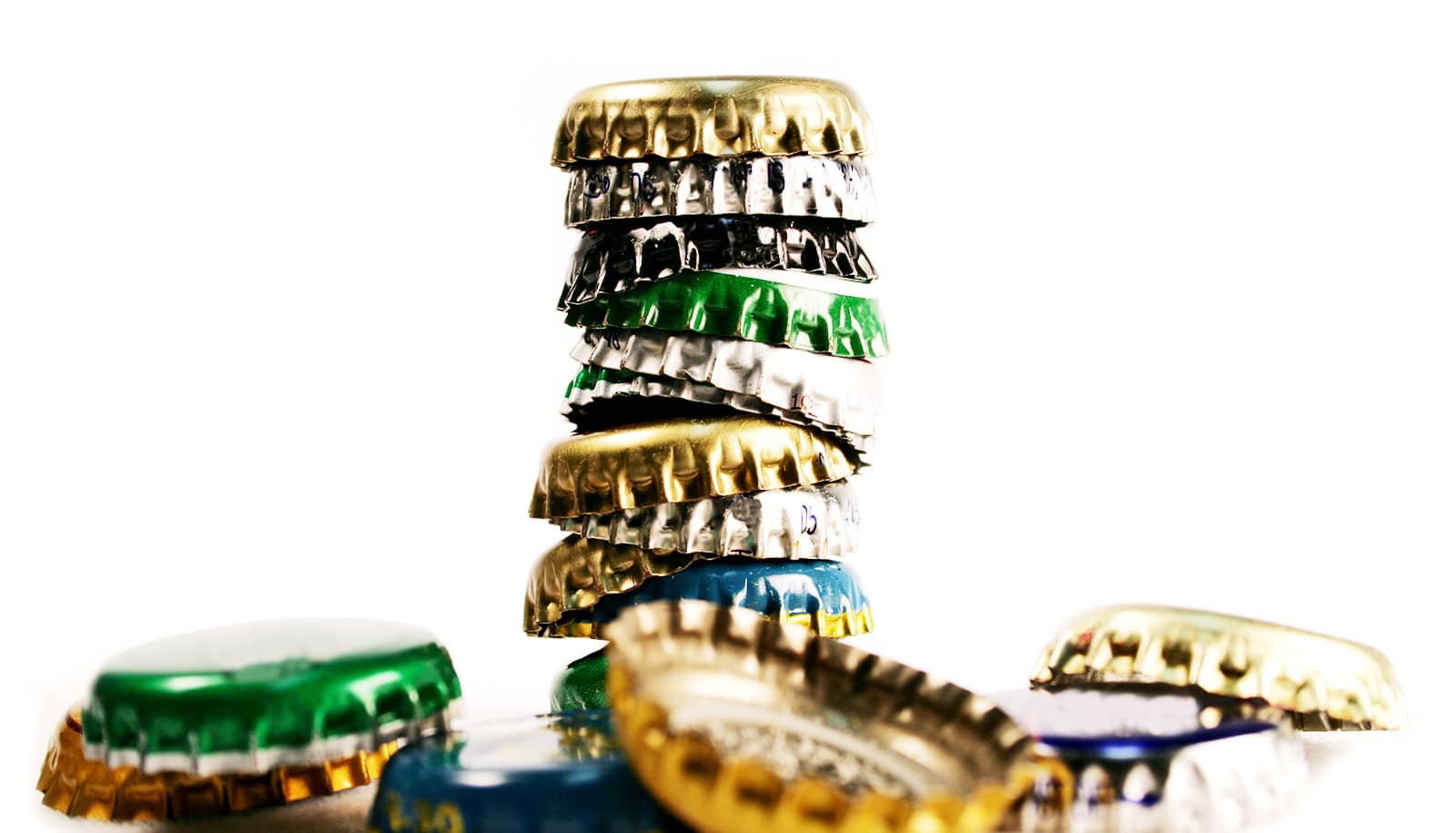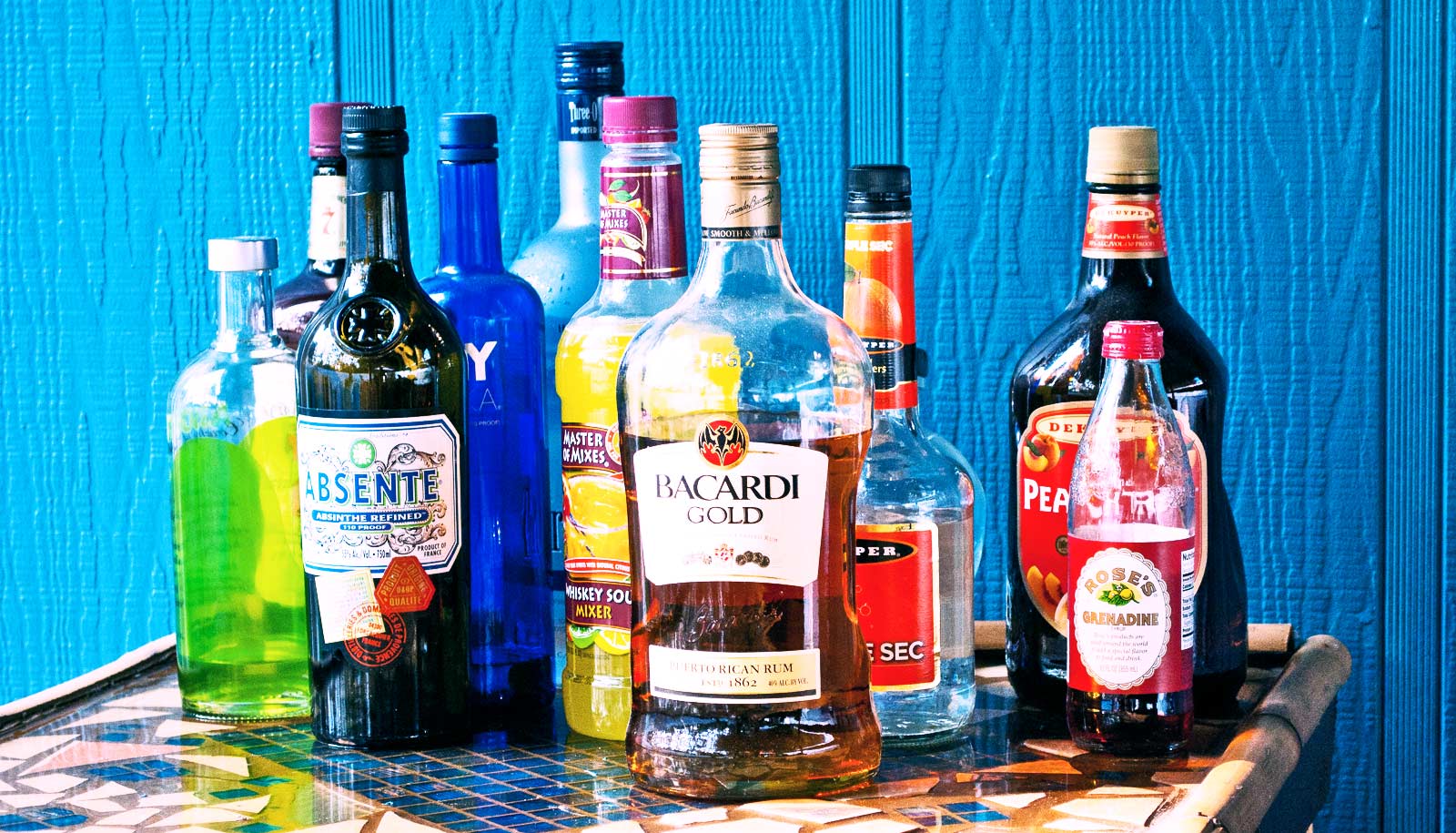Donepezil, a drug used to slow cognitive decline in adults with Alzheimer’s disease, appears to reverse brain inflammation and neuron damage in rats exposed to alcohol during adolescence, researchers report.
In a study in the journal Scientific Reports, researchers sought to understand how intermittent binge drinking changes the hippocampus—a region long known to be critical for learning and memory, and also linked to anxiety—and whether the drug could reverse those changes. Researchers used rats as a model for teens and young adults who binge drink a few times a week.
“Research has begun to show that human adolescents who drink early and consistently across the adolescent years have some deficits in brain function that can affect learning and memory, as well as anxiety and social behaviors,” says senior author Scott Swartzwelder, a professor of psychiatry at Duke University.
“The changes can be subtle, but who wants even subtle deficits in their brain function or how they think and feel?” Swartzwelder says.
“Studies in animal models show that adolescent alcohol exposure can change the ways nerve cells communicate with each other, and the level of plasticity in brain circuits—compromising the ability of the brain to change and adapt. These changes can be seen in adulthood—long after the alcohol exposure has ended”
Teen rats and donepezil
Because they can’t ethically have young people drink alcohol to study its effects, researchers use the developing brains of rats to understand the effects of “intermittent alcohol exposure,” resulting in blood-alcohol levels that are consistent with those human adolescent drinkers achieve.
The scientists observed that in addition to brain inflammation, adolescent alcohol exposure inhibited the birth of new neurons in the hippocampus, Swartzwelder says, and may even accelerate neuronal death—making it is easier to lose existing cells and more difficult to produce new ones.
Once the rats reached adulthood, they were given donepezil, a cognition-enhancing drug that is marketed under the brand name Aricept. After four days of treatment, the researchers studied the animals’ brains, looking closely at the hippocampus. The rats that received donepezil in adulthood after adolescent alcohol exposure showed less inflammation and better ability to produce new neurons compared to rats that did not receive the donepezil treatment.
“We don’t know if the reversal of these alcohol effects by donepezil is permanent, but it at least transiently reverses them,” Swartzwelder says.
Alcohol risks
Swartzwelder says the study helps clarify the subtle health risk of heavy drinking among young adults, which has been difficult to ascertain.
“It’s obvious that not everyone who drinks during adolescence grows up and completely fails at life,” Swartzwelder says. “You might not notice the deficits in obvious ways every day, but you run the risk of losing your edge. Sometimes a small impairment of brain function can have a broad ripple effect in someone’s life.”
Importantly, the research demonstrates the potential to repair some types of damage that adolescent alcohol exposure causes, he says. But beyond that, it could also lead to a more specific understanding of the cellular mechanisms that make the developing brain particularly vulnerable to substances such as alcohol.
The research was part of the Neurobiology of Adolescent Drinking in Adulthood (NADIA) Consortium. Support for the research came from the National Institute on Alcohol Abuse and Alcoholism and the National Institutes of Health.
Source: Duke University



